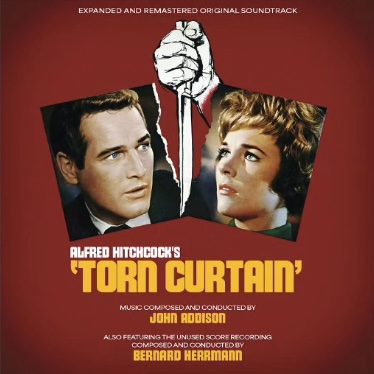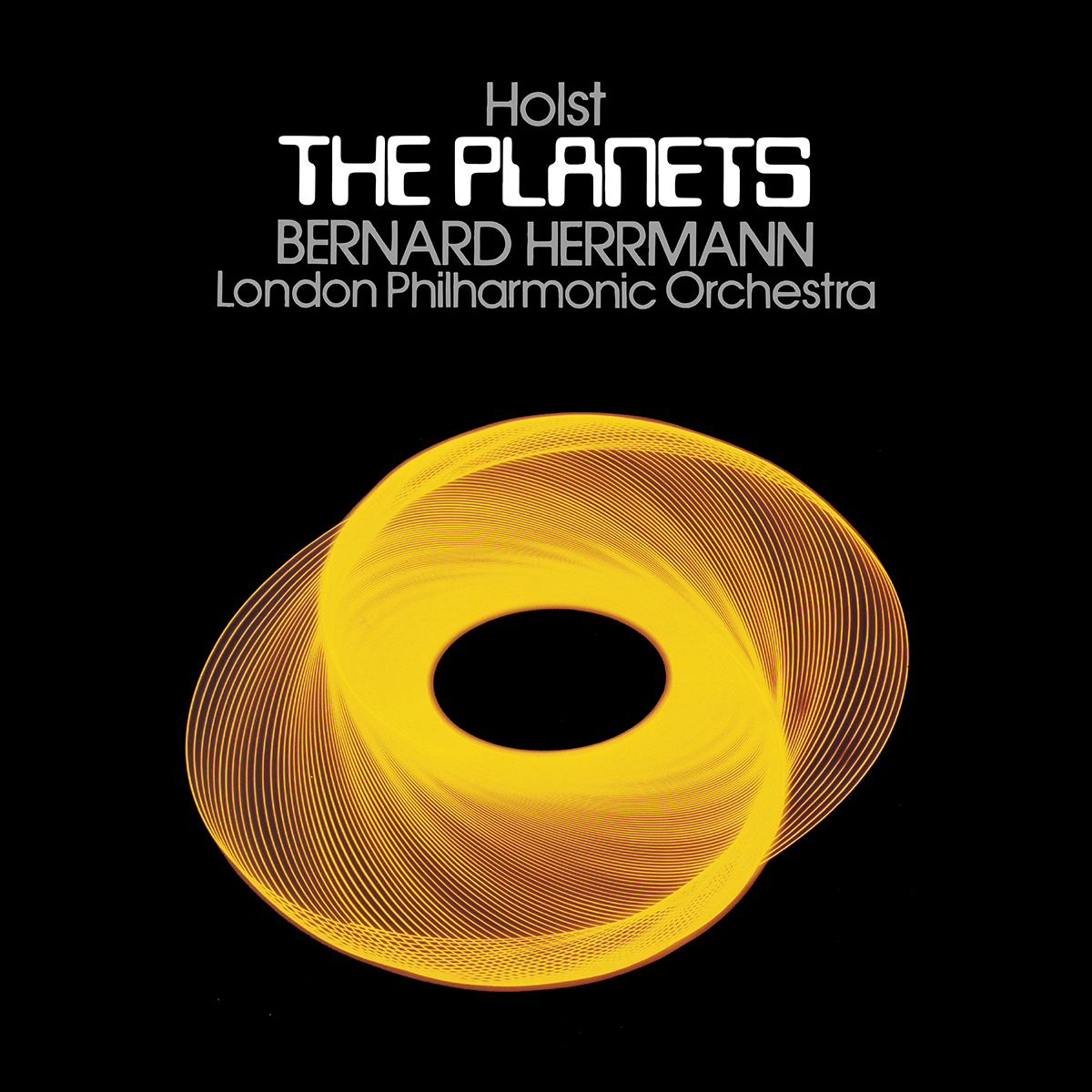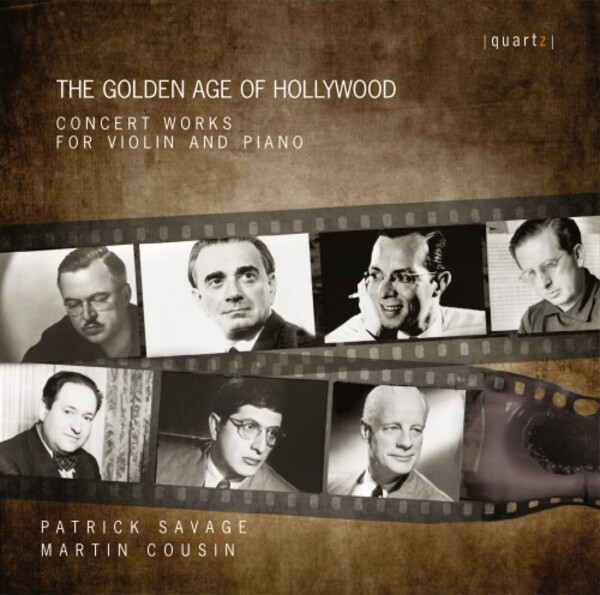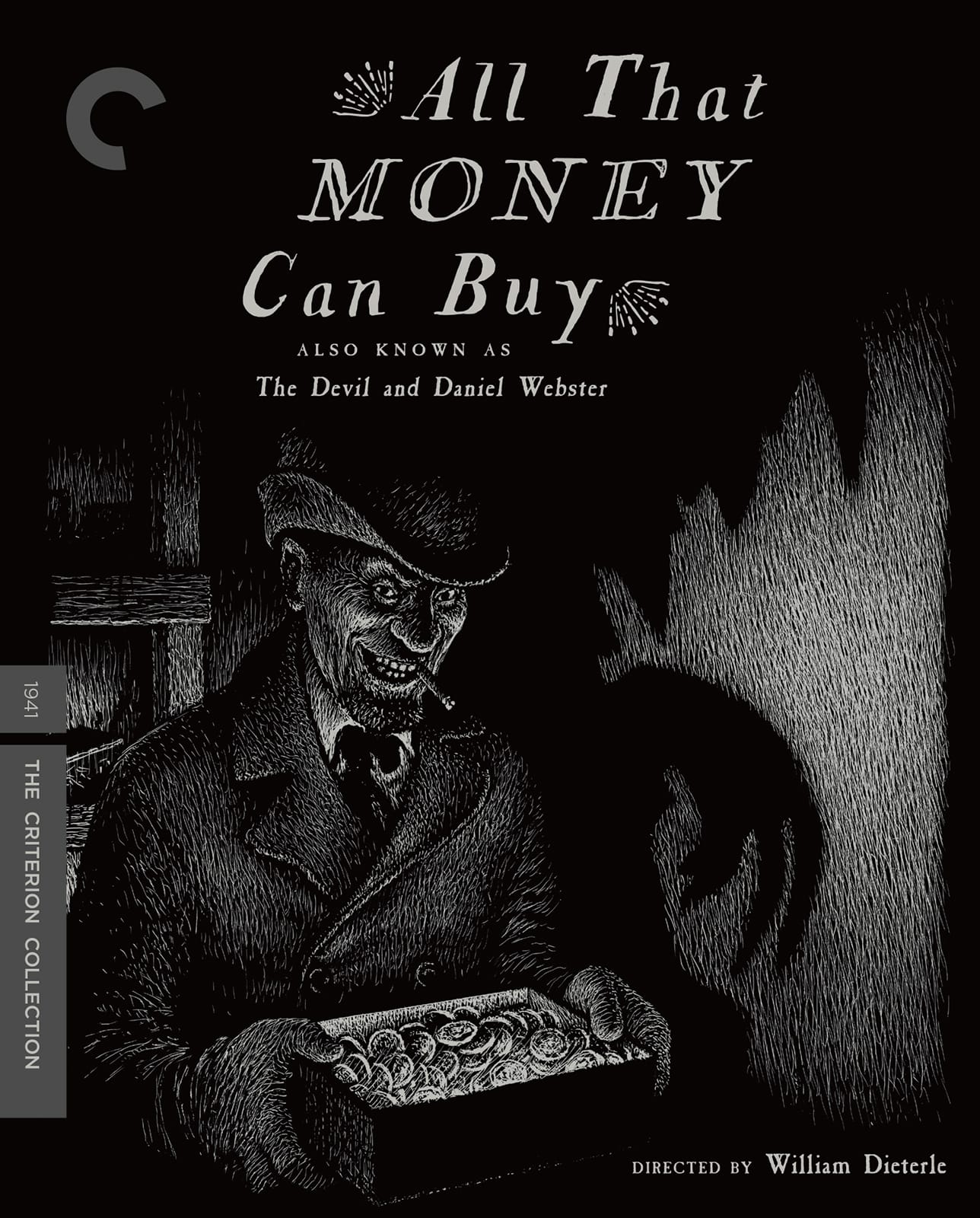Although Byron has been dead for 150 years he still exerts as
vibrant and forceful an influence on the creative mind as ever he did
– BERNARD HERRMANN
Bernard Herrmann held his last public performance on April 21st 1974, at the Theatre Royal, Drury Lane, London. Commemorating the 150th anniversary of the death of Lord Byron Herrmann conducted works by British composers Richard Arnell, Sir Arthur Bliss and Elisabeth Maconchy, as well as Berlioz, Liszt and Rossini.
Presented here is the complete (unabridged) programme from the 1974 concert:
Download CONCERT PROGRAMME (PDF, 22MB)
Byron Today
Although Byron has been dead for 150 years he still exerts as vibrant and forceful an influence on the creative mind as ever he did, as it is the business of this concert to demonstrate. We present this programme, not in any spirit of sycophantic homage-making or arid antiquarianism, but as a testimony to our belief in Byron as a living presence, a vital source of fascination and inspiration for artists in all media of creativity. His dynamic zest for life, his fearless iconoclasm, his love of liberty and hatred of oppression, the richness of his poetic technique, his intense interest in nature, in the supernatural, in the magical, his feeling for drama as an integral part of life M all are as meaningful and relevant today as when they first burst like a bombshell on the contemporary scene of life and letters. We speak of a ‘Byronic attitude’ in relation to a man’s character as a whole, not just to some particular facet. Byron has become a part of all our lives, whether we are consciously aware of it or not. If he’d never existed we’d have had to invent him, to paraphrase Voltaire.
Musically speaking, Byron’s following has been enormous, and we can do no more here than offer a representative cross-section of those composers whose muse has been fired by Byron’s own. Berlioz’s Harold in Italy was not conceived in response to any specific work by Byron, rather as an epitome of the Byronic spirit in musical terms. Schumann’s Manfred, Tchaikovsky’s Manfred — both are classics of the Romantic age. A spate of contemporary works bears witness to a continuing vitality, an ageless appeal. We have no opportunity to explore the Byronic Symphony of Alan Bush, the so far incomplete opera Don Juan of Leonard Bernstein (to a libretto by Lillian Hellman) Josef Holbrooke’s Byron, or the new opera Lord Byron of Virgil Thomson. We are, however, including Richard Arnell’s Symphonic Portrait — Lord Byron and a new specially commissioned choral work by Elizabeth Maconchy, The Isles of Greece. And, hailing in Byron, as we do, not merely a great poet but also a great ideal, we conclude with Franz Liszt’s Tasso — Tasso the poet so beloved of Byron, Liszt the composer who identified himself so positively with the spirit of both and celebrated them in this, one of the greatest of his orchestral tone poems. Our concert is thus intended, not as a random compilation of works associated with Byron, but as an attempt to recreate the living presence of Byron in music which grew out naturally from his influence and ambience.
BERNARD HERRMANN
Bernard Herrmann
Bernard Herrmann’s lifelong love of English poetry has found expression many times both in his composing and his conducting. He is the only composer so far to have completed a full-length opera on “Wuthering Heights” after writing the score for the 1944 film version of “Jane Eyre” (with Orson Wells as Rochester) had brought him into the world of the Brontës; and two years before, in 1942, he produced an important song-cycle “Fantasticks” six settings for soloists and orchestra of the 16th-century English poet Nicholas Breton. In his seventeen-year-long capacity as conductor-in-chief of the CBS Symphony Orchestra he played English music whenever he had the opportunity, which was often: Bax, Delius, Lambert, Vaughan Williams, Moeran, Warlock, Bemers, Cecil Gray, McEwen, all appeared in Herrmann’s programmes; and he numbered many American premieres and performances of unfamiliar or neglected works.
Mr. Herrmann was born in New York City. Among his teachers was Percy Grainger (another great Anglophile) much of whose hatred of stuffiness and pretentiousness in music-making he has inherited. While still in his late teens he had formed his own orchestra and made the acquaintance of Charles Ives, whose works he has constantly championed over theyears — long before he was ever the cult-figure he has become today. Shortly after joining CBS he encountered the young Orson Welles, which led to an invitation to write the music for one of the great masterpieces of world cinema, “Citizen Kane”. This was in 1940 and marked the start of a long association with the British and American cinema embracing many celebrated films, including Hitchcock’s “Psycho”, “Marnie” and “Vertigo” and Truffaut’s “Fahrenheit 451” and “The Bride Wore Black”. Mr. Herrmann has also written much forthe concert hall including the cantata “Moby Dick”, a String Quartet (“Echoes”) and a Symphony (newly recorded). A recent world premiere recording of Raff’s Byronic “Lenore” Symphony and tonight’s programme testify to a special enthusiasm: music of the 19th century Romantic period.
CHRISTOPHER PALMER





![The Man Who Knew Too Much – 4K restoration / Blu-ray [A]](../../wp-content/uploads/2023/11/TMWKTM-4K.jpg)
![The Bride Wore Black / Blu-ray [B]](../../wp-content/uploads/2023/07/BrideWoreBlack.jpg)
![Alfred Hitchcock Classics Collection / Blu-ray [A,B]](../../wp-content/uploads/2020/07/AHClassics1.jpg)
![Endless Night (US Blu-ray) / Blu-ray [A]](../../wp-content/uploads/2020/03/EndlessNightUS.jpg)
![Endless Night (UK Blu-ray) / Blu-ray [B]](../../wp-content/uploads/2019/12/ENightBluRay.jpg)

